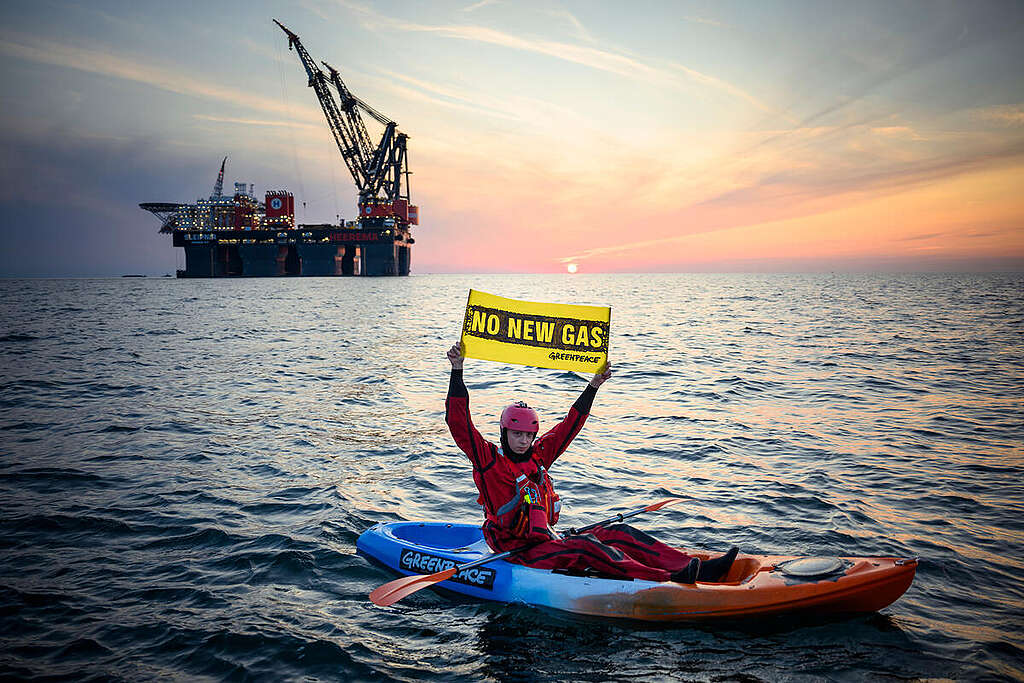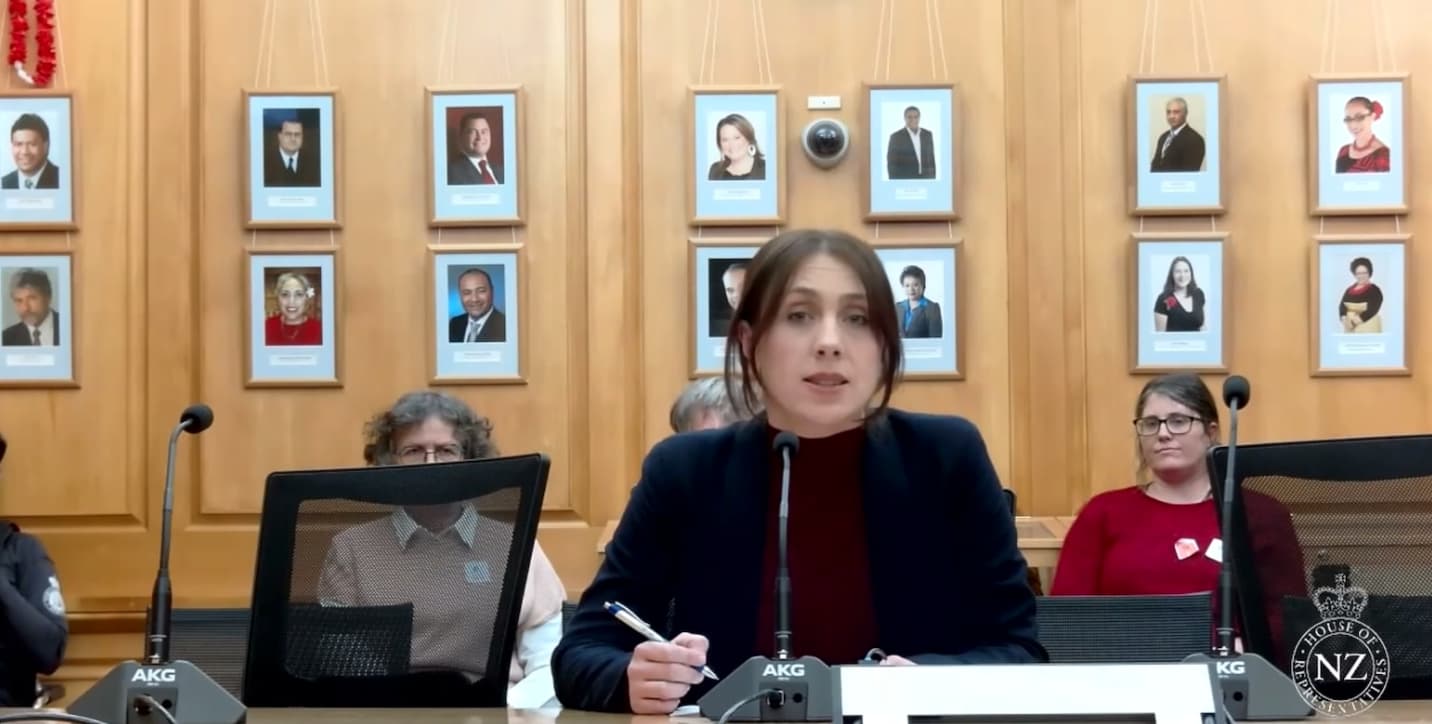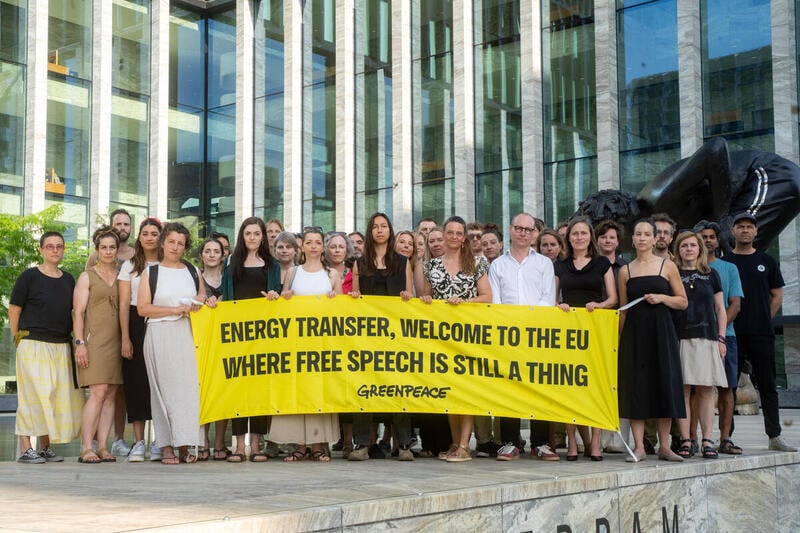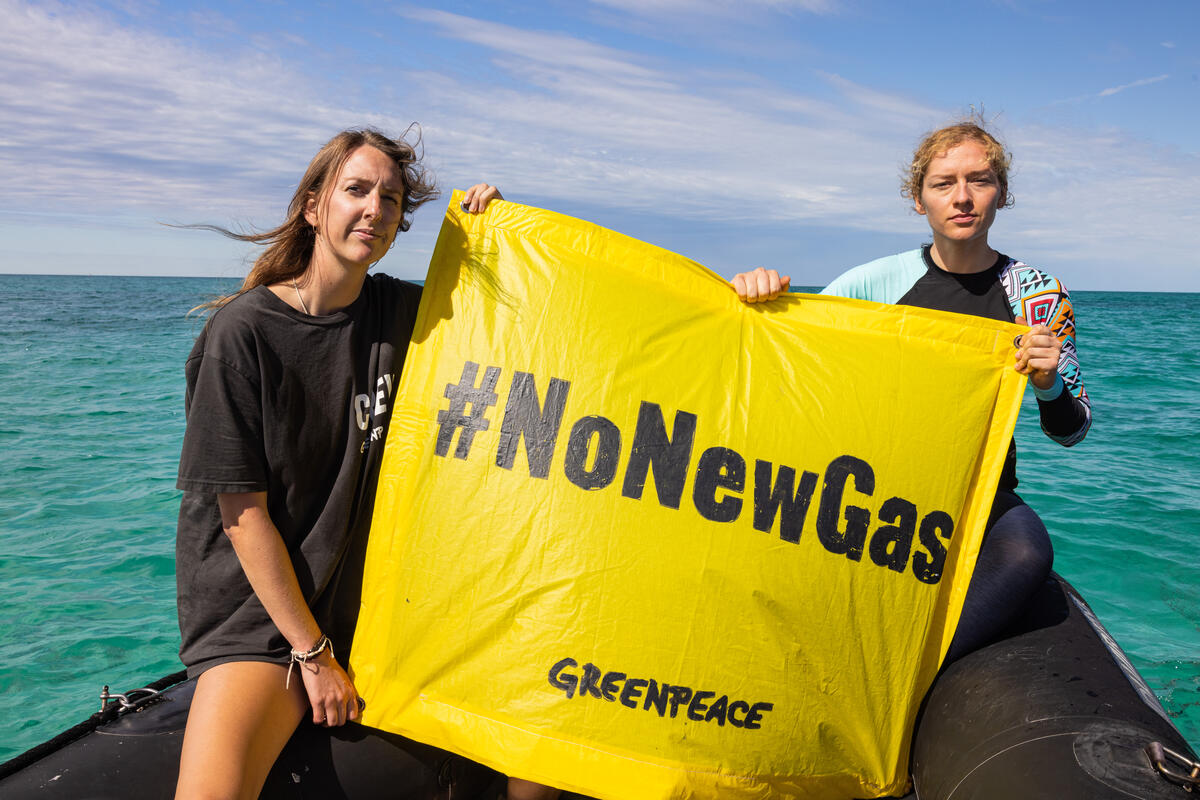Greenpeace is calling for caution in response to today’s announcement that the Government has partnered with BlackRock to increase finance for renewable energy.
“It’s good to see the Government finally showing some ambition for real climate action,” says Greenpeace spokesperson Amanda Larsson.
“Building a significant amount of new renewables is essential if we’re going to replace climate-polluting fossil fuels, especially in the transport and industrial sectors. But how you do renewables also matters.”
PETITION: Choose the Clean Energy Future
Greenpeace is concerned about the heavy reliance on private finance to achieve 100% renewable energy goals.
“This announcement hasn’t been balanced with meaningful policies to support household solar or community energy, as has been done in most other countries that are leading the charge on renewables, like Denmark and Germany. Even in the US and Australia, there is much more support for household and community energy,” says Larsson.
“What we’ve seen in countries that have done renewable energy rollouts well is that local ownership is essential for generating buy-in to new renewables and ensuring that local people and communities benefit. That kind of public buy-in speeds up the roll-out of renewables.
“The Government announced a deal today that puts renewable energy into the hands of overseas private investors. Alongside yesterday’s announcement that the Government wants the fast-track consenting process to be a key vehicle for new renewables, we have very real concerns that these projects will be forced through without local buy-in. Doing renewables badly is ultimately bad news for the climate.”
Larsson also says that, when it comes to climate change, it’s not all about renewables.
“Here in New Zealand, the major sources of climate pollution are cars and cows. Any political party that is serious about climate change needs to come to the table with ambitious policies to address big dairy and transport emissions.”
In June, Greenpeace, alongside more than forty other organisations, launched a ten-point plan for climate action called Climate Shift. The plan calls for urgent climate action from all political parties in the lead-up to the 2023 election.

We call on the Govt to embrace New Zealand’s Clean Energy Future, invest in solar and wind, and reject new fossil fuel electricity generation and a new fossil gas import facility.
Add my name



